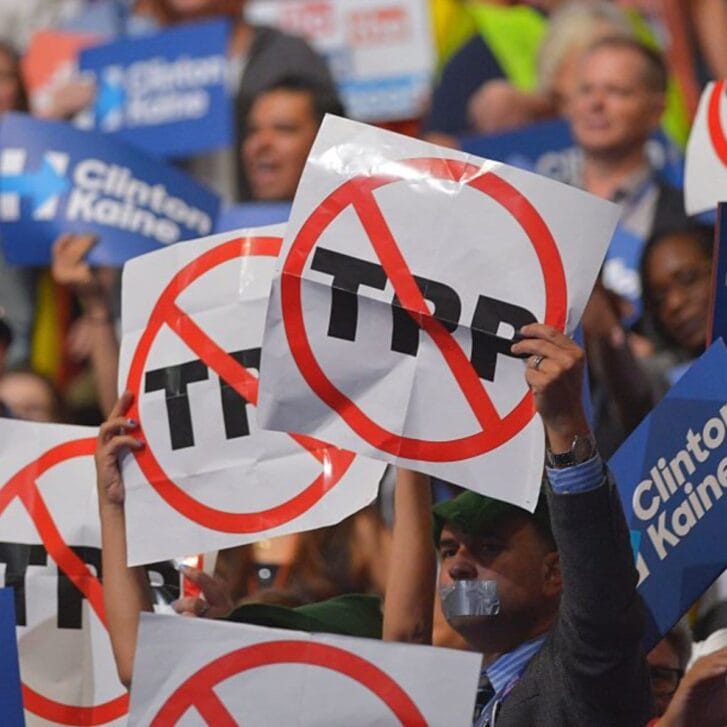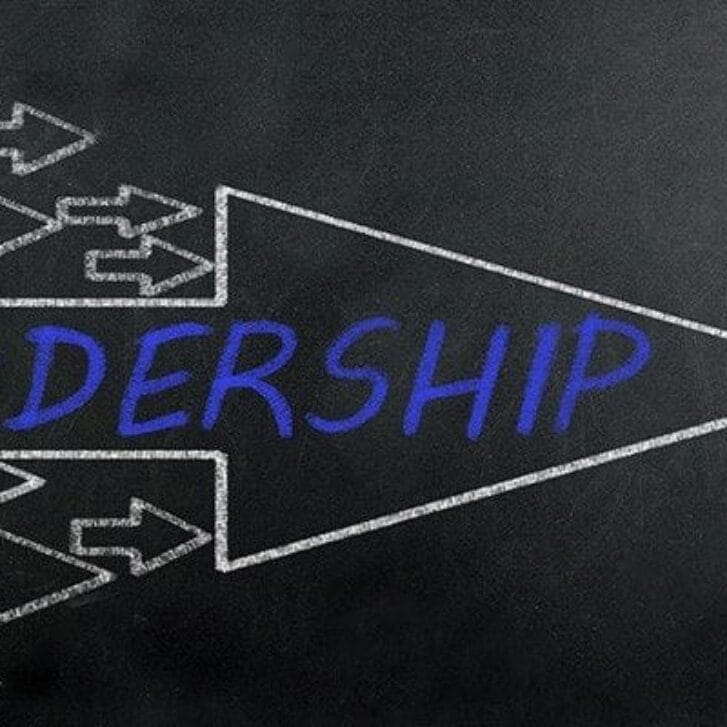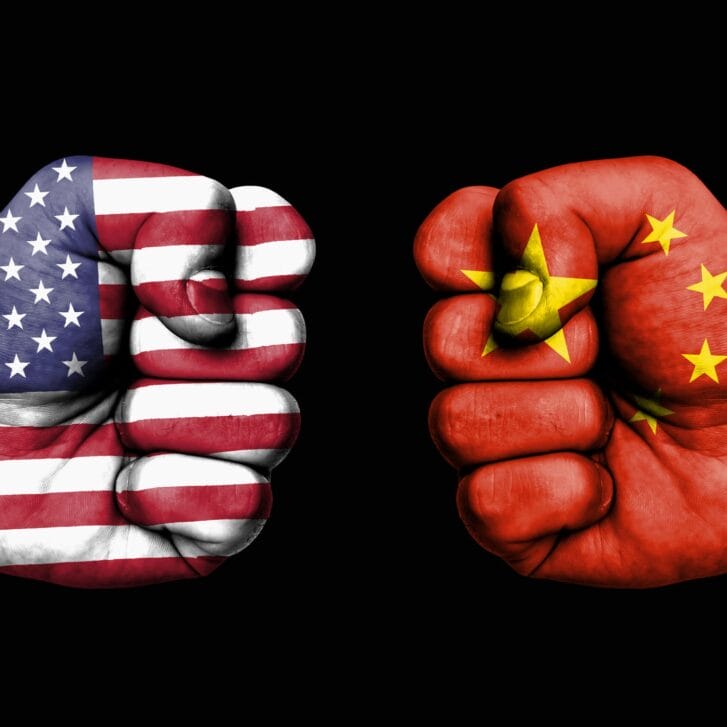
Photo: Getty Images
Free trade—and the global economic expansion that goes along with it—is arguably under threat by the leader of the U.S. who wants to try to reverse the hollowing out of U.S. manufacturing which has taken place over the past 30 years. The shift as factories and production moved to cheaper locations overseas was mainly driven by the factors of capitalism that push for growth, earnings and profits at all costs. Business owners may have won along the way, but as the world can see with growing earning gaps, and disparity in social and environmental equity, this development model is not sustainable. The headlong quest for growth, consumption and profits has meant that some countries have seen many of their natural resources being depleted, while suffering the associated environmental devastation along the way. Traditional jobs are disrupted and often followed by social instability.
President Trump’s move to impose tariffs on trade from China and other countries is a desperate and irrational bid for the return of America’s roaring production lines, which thrived under an economic model of a bygone era. The world has moved on, along with many American jobs which re-emerged in foreign lands with lower overheads and more efficient production lines. The economics of a domestic manufacturing revival simply do not exist, unless the U.S. government is prepared to inject massive treasury draining subsidies under the guise of social impact programs. Though many investors might claim to want to improve the communities they serve via Environment and Social Governance (ESG) guidelines, few have voted with their wallets at scale. They have not been willing to place large discount rates on their potential investment earnings for the good of the nation by bringing back industry for on-shoring.
With new tariffs being imposed on Chinese materials, consumers in the U.S. who have survived, or thrived, on low cost products from abroad would see the erosion of their tax cut gains in the form of higher product costs for items now made back in the U.S. Opportunities for new jobs in innovative industries—including renewable energy, where smart-money is being placed in larger volumes by the day, as a long-term, safe asset class—is where the focus on economic expansion should be.
In contrast, the solar industry, with some of the highest job growth in the country, has now been hijacked, again by U.S. leadership dreaming that cheap solar panels can be made competitively in the United States. The burgeoning industry for domestic installation and servicing of Chinese-manufactured solar panels now has to pay more for these products. This slows the workforce that has been innovating and rapidly expanding in this sector.
U.S. tariff actions now put China in an advantageous and opportune position to negotiate against such duties with much of the world by its side, and with the environment as a concurrent beneficiary. If China retaliates, substantial positive goodwill and awareness will be raised by imposing “environmental or carbon” tariffs on goods from the U.S. which do not meet proper environmental standards. This may sound counterintuitive to free trade, but if tit-for-tat threats are to be made, the environment, the Paris Agreements, and all of the countries who supported the agreement to reduce carbon emissions, would gain from increased exposure and focus on this space, and the innovations and opportunities that go along with it. All of the countries that signed onto the Paris Agreements will likely be in full support of China’s leadership role and momentum on this topic. This will be to the detriment of the country that seems to have chosen to go its own greedy, self-promoting way.
To take it one step further, President Xi can begin to build dialogue and international endorsement for global clean capital markets, which will greatly increase cross-border liquidity for environmental technologies, products, and infrastructure development. Such barrier-free options will expand access to funds where needed, and bring investment opportunities to the rapidly growing market for clean, long-term investments that are fueling the assets under management in the Environmental and Social Governance (ESG) products. It will also create jobs, and allow for the proliferation of environmentally sustainable products and services. The creation of a Clean Asset Bond (CAB) class—with tax-free corporate and government bonds which finance the deployment of pre-qualified clean assets—will be tax-exempt for investors in any participating nation, state or jurisdiction. Each government that participates will also commit to identifying and removing other barriers to participation in the zero-waste economy, including tariffs and taxes investors pay on pre-qualified clean products that reduce pollution and environmental externalities. The commitment to pioneer the use of CABs by China can be made with little risk of adverse economic results because CABs are merely an improvement on the well-implemented Private Activity Bonds (PABs) used successfully in the United States since 1914 to finance industrial development and infrastructure. Clean capital markets, without barriers, would accelerate clean infrastructure deployment and prosperity locally, but would also spread economic freedom, participation and essential market structures globally.
If one assumes that the art of negotiations will lead to compromise, with so much at stake for all countries involved, then the world would gain from some much needed exposure and momentum for the environment. Focus, dialogue and new collaborations could result in proposals that are a positive byproduct of tariff-related threats. China can lead in the innovation of barrier-free clean capital markets as part of this U.S. driven rhetoric. This gives an incredible opportunity for the rest of the world to thrive in a new path of thoughtful, engaged economic stewardship for our environment and the communities that survive on it.
Douglas Woodring WG95 is the winner of the 2018 Prince’s Prize for Innovative Philanthropy by awarded by Prince Albert II of Monaco and a global expert on plastic pollution issues and solutions.


























